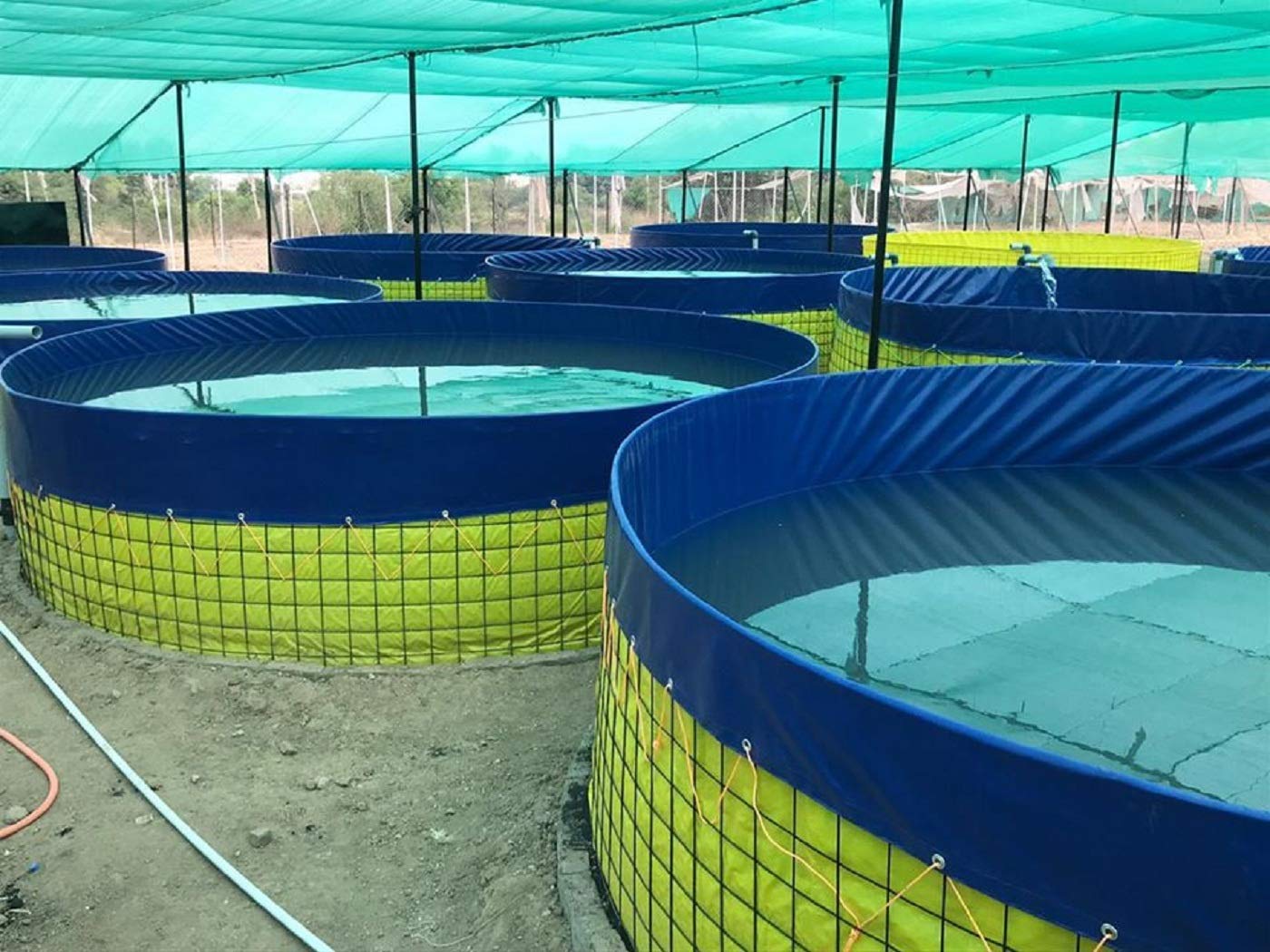
BioFloc Farming Pune

BIOFLOC farming IN Pune
Biofloc fish farming is a sustainable and profitable method of fish farming that has gained popularity in recent years. It is an innovative way of raising fish that utilizes the natural microorganisms present in the water to create a healthy environment for the fish. In this article, we will discuss the scope of Biofloc fish farming in Pune, Maharashtra, and why it is a viable business opportunity.
1. High Demand for Fish
Pune is a rapidly growing city and a hub of economic activity. With a population of over 7 million people, there is a high demand for fish in the city. The demand for fish is not only from the local population but also from neighboring cities and states. With the growing population and changing food habits, the demand for fish is expected to increase in the coming years. This presents a significant opportunity for Biofloc fish farmers in Pune to tap into this growing market.
2. Suitable Climate
Pune has a tropical climate, which is suitable for Biofloc fish farming. The temperature is relatively stable throughout the year, and the city receives ample rainfall, which is essential for fish farming. Additionally, the city's proximity to the sea provides a natural source of water for fish farming. With the right infrastructure, Biofloc fish farmers in Pune can take advantage of the city's favorable climate to produce a large quantity of fish.
3. Availability of Resources
Pune has a well-developed infrastructure, which makes it easy to access the resources needed for Biofloc fish farming. There are numerous hatcheries in and around Pune, which provide a steady supply of fish fry and fingerlings. Additionally, there are several feed suppliers in the city, which provide high-quality fish feed at competitive prices. The availability of resources makes it easier for Biofloc fish farmers in Pune to start and maintain their farms.
4. Government Support
The Indian government has launched several schemes and initiatives to support the development of the fisheries sector. These schemes provide financial assistance, technical support, and training to Biofloc fish farmers to help them improve their skills and knowledge. Additionally, the government has implemented regulations to ensure the sustainable development of the fisheries sector. These regulations help to protect the environment and ensure the long-term viability of the industry.
5. Higher Yield
Biofloc fish farming has a higher yield than traditional fish farming methods. In traditional methods, farmers have to change the water in the ponds frequently, which can be labor-intensive and expensive. With Biofloc fish farming, the natural microorganisms present in the water help to maintain the water quality, reducing the need for water changes. Additionally, the fish can be raised at higher densities, resulting in a higher yield per unit of water.
6. Cost-Effective
Biofloc fish farming is a cost-effective method of fish farming. The natural microorganisms in the water help to reduce the need for expensive fish feed, and the reduced water changes help to save on labor and water costs. Additionally, Biofloc fish farming requires less space than traditional fish farming methods, making it a viable option for farmers with limited land.
In conclusion, Biofloc fish farming in Pune has a lot of potential. With the growing demand for fish, suitable climate, availability of resources, government support, higher yield, and cost-effectiveness, Biofloc fish farming can be a profitable business in Pune. However, Biofloc fish farming requires dedication, hard work, and a willingness to learn. With the right approach, Biofloc fish farming in Pune can be a sustainable and lucrative business opportunity.
